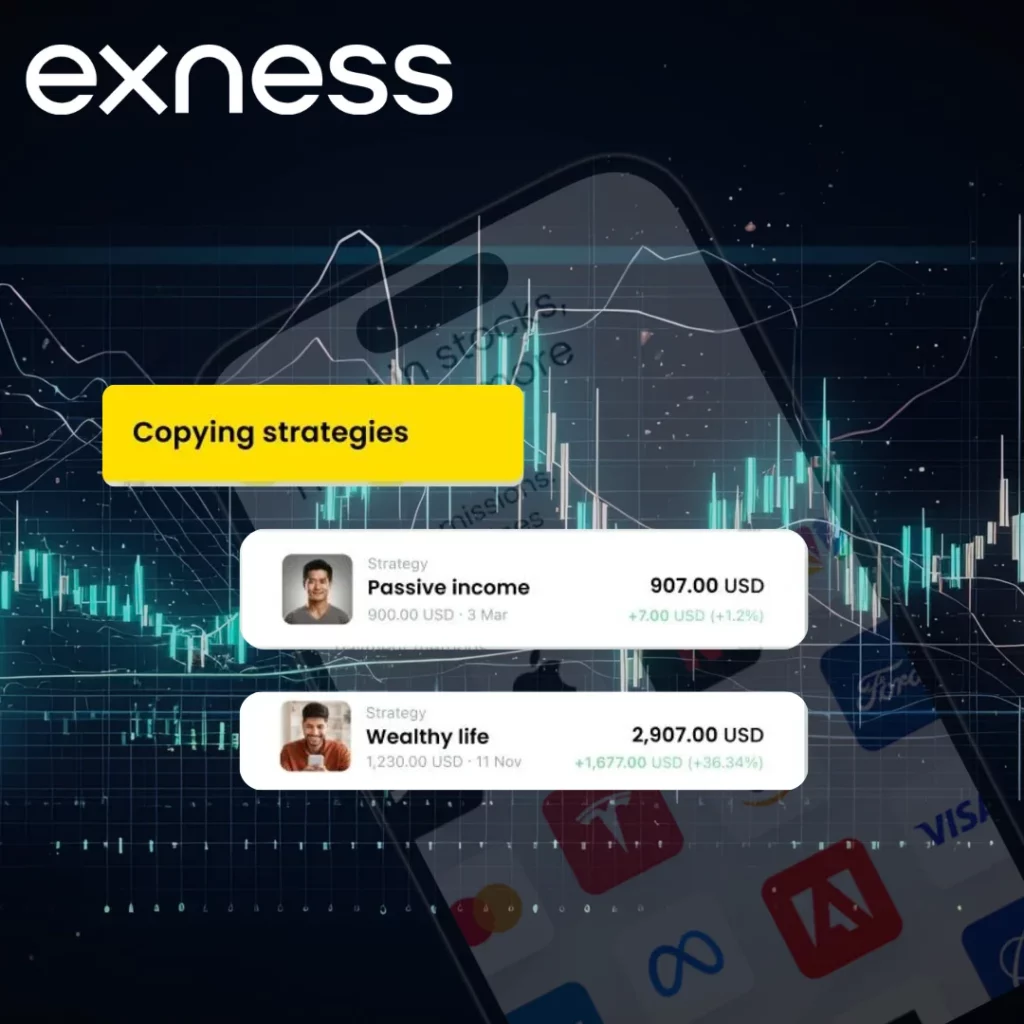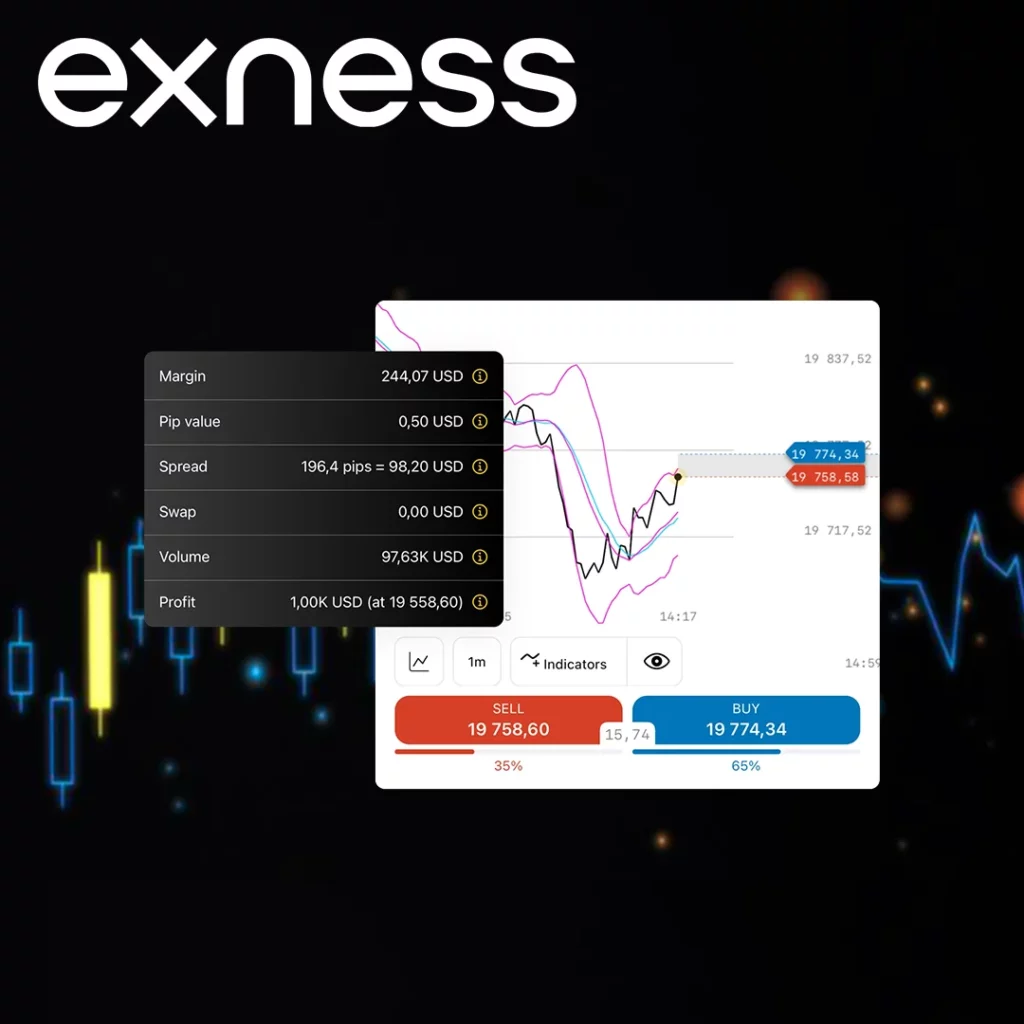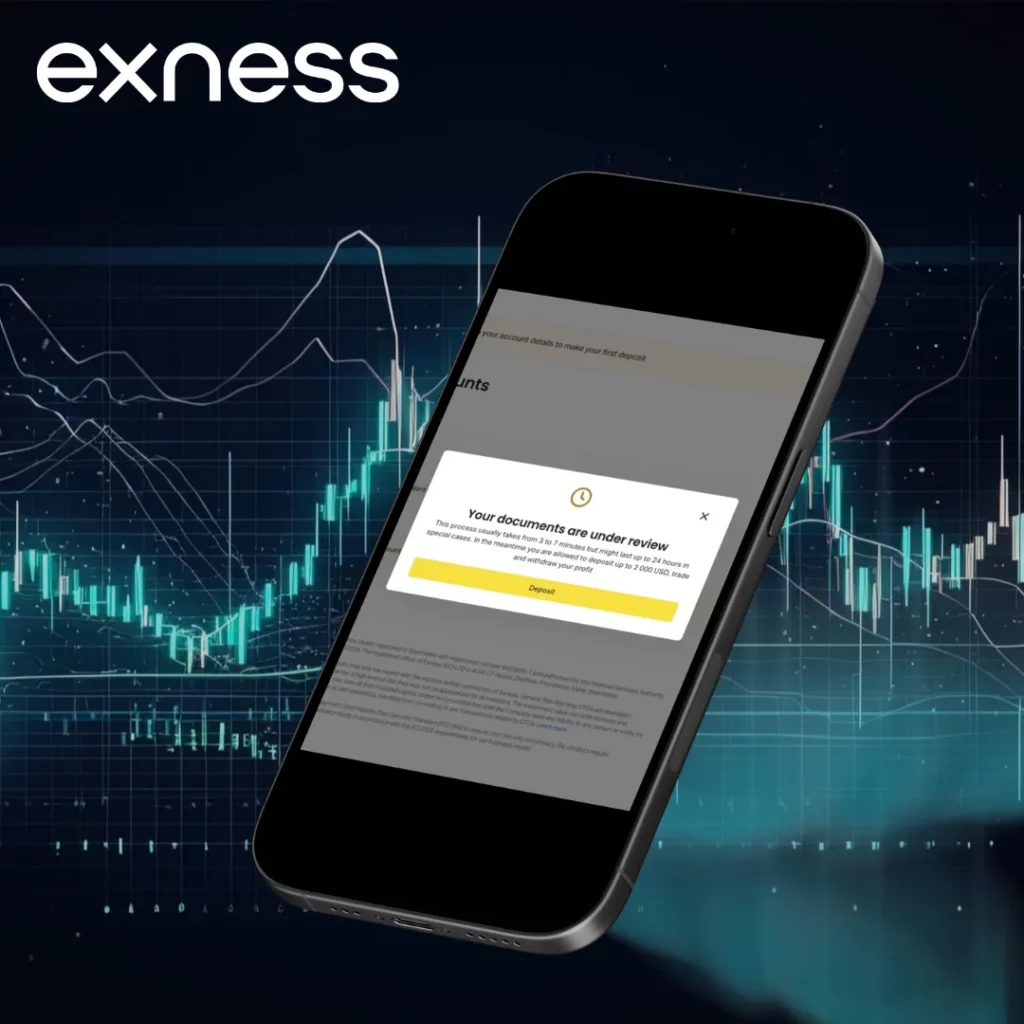
What Type of Broker is Exness?
As a market maker, Exness offers internal matching with tight spreads, fast execution, and stable prices. Such a model provides conditions for Exness to shape an environment which will allow them to be very smooth in trading, together with reliable liquidity and quick order processing that is of great importance for retail traders. In addition, Exness is regulated by various financial regulators, a positive assurance of compliance and security for its clients in every trade.
Overview of the Types of Brokers in the Financial Market
There exist mainly three kinds of brokers in the financial market: ECN brokers, and STP brokers. The ECN broker will connect traders directly with other market participants through a network, thus enabling tighter spreads and greater transparency. STP brokers involve routing the client’s trades directly to liquidity providers, and nobody touches them in between. In such a way, this will smoothen the execution process. Both types have their advantages to traders, based on needs: from rapid execution and tight spreads to adding more transparency.
Electronic Communications Network Broker
ECN brokers provide a venue or platform that allows the client to connect directly with a network of market participants such as banks, hedge funds, and other traders. With direct access comes the facility for transparent pricing and usually tighter spreads that will fluctuate depending on market demand and liquidity. Unlike the Market Makers, the ECN broker does not take the opposite side of a client’s trade; instead, they match buy and sell orders within the network to give benefit to both the broker and trader with reduced conflict of interest.
Another advantage with the ECN brokers is the speed of order execution-preferential for high-frequency and day traders relying on precision and speed. Generally, an ECN broker levies a small commission per trade without marking up the spread, hence making trading more cost-effective for those who can trade in larger volumes. This model ultimately gives traders access to real market conditions and turns it into a favorite among professional and experienced traders looking for transparency and competitive pricing.
Brokers Straight Through Processing
STP brokers reroute orders through an automated process to their liquidity providers, such as banks or larger brokers, without interference from third parties. This model ensures fast and efficient order execution, given the broker acts merely as a bridge between the traders and liquidity provider. Unlike Market Makers, STP brokers never take the opposite side of the trade. This eliminates potential conflicts of interest and creates a better environment in which to trade.
The immediate benefit of STP brokers is that they have access to more than one provider of liquidity. Therefore, STP brokers can competitively offer variable spreads based on actual market conditions in real time. In these cases, at times, STP brokers apply markups at various levels to the spreads and thereby cover costs without charging a per-trade commission. This suits traders seeking simplicity and straightforward access to the interbank market, providing reliable trade execution without a complex setup.
Exness Classification (ECN, STP)
Exness broker is mainly an STP and ECN broker, meaning this broker provides direct market access to the trader. Indeed, being an ECN broker, Exness provides a simple platform where one gets matched directly with other participants of the market, meaning Exness connects traders directly to the providers of liquidity without any interference by the dealing desk. In general, such settings would normally bring tighter spreads, better pricing, and faster execution of orders, particularly at times of high volatility.
Moreover, Exness operates under an STP model in which clients’ orders are handled and redirected to liquidity providers without interference and the conflict of interest. That is to say, the company generates its income mainly from spread or commission and does not trade against its clients. Due to an ECN/STP model, Exness creates a more transparent and objective environment, increasing their standing as brokers of choice for traders in pursuit of efficient, reliable, and competitive access to markets.
Features of the Exness Business Model
The business model of Exness is set up in such a way as to provide traders with a smooth, efficient trading environment, based on the integration of ECN and STP trading execution methods. It therefore enables Exness to offer traders direct access to the markets without dealing desk intervention, hence enabling super-fast execution, tight pricing, and minimal slippage. Moreover, the range of tools and resources also includes flexible leverage options, instant Exness withdrawals, and the opportunity to trade some assets around the clock, thus making it really versatile for traders of different strategies.
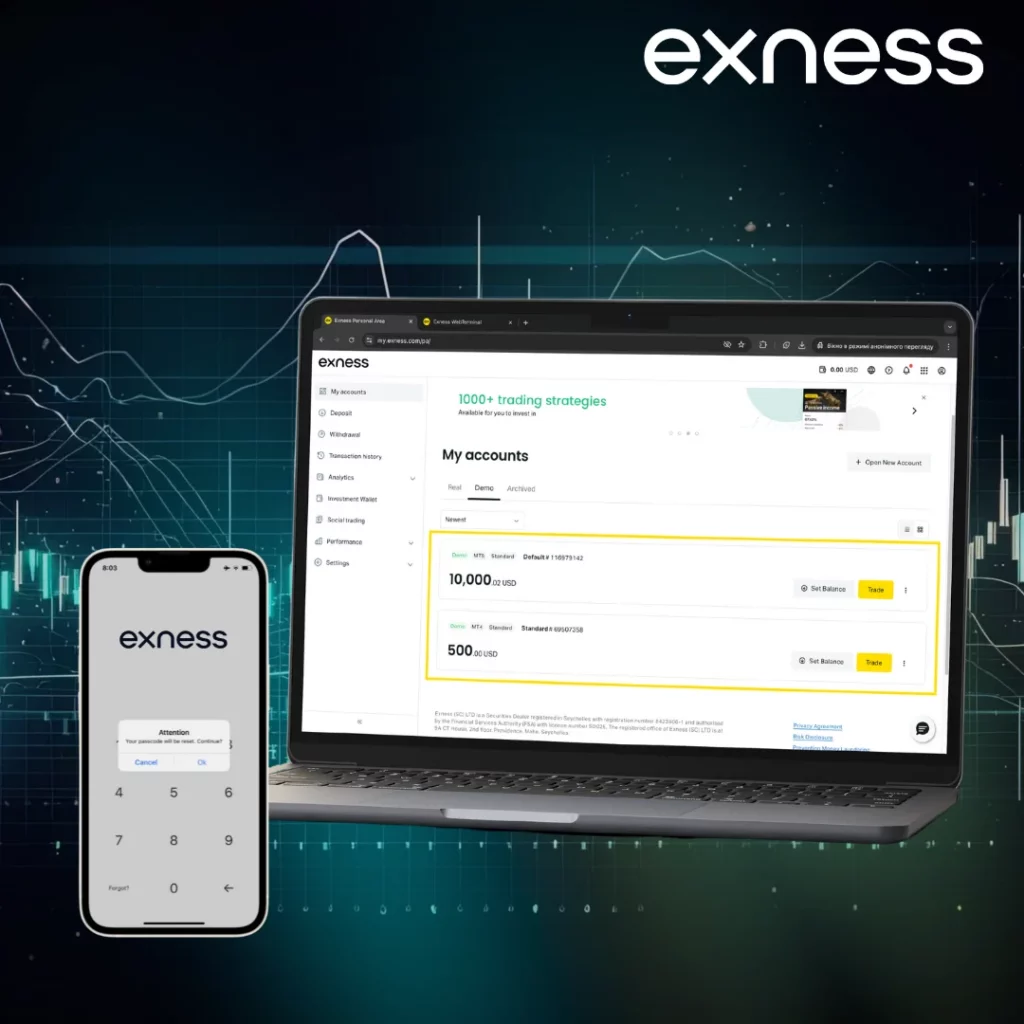
Key Features of the Exness Business Model:
- ECN and STP Execution: Direct access to liquidity providers for transparent and competitive pricing.
- No Dealing Desk: Orders are not traded against clients, reducing potential conflicts of interest.
- Instant Withdrawals: Immediate access to funds, including on weekends.
- Flexible Leverage Options: Customize leverage based on trading style and risk tolerance.
- 24/7 Trading on Synthetic Indices and Crypto: Trade specific assets anytime, even outside standard market hours.
All of that makes Exness user-friendly because it stands for transparency, flexibility, and speed. It will satisfy both the beginner and advanced trader with reliable and consistent trading conditions.
Comparison of Exness with Other Types of Brokers
Exness vs. Pure ECN Brokers
Exness gives access to a hybrid model, combining features of both ECN and STP models, which is different from pure ECN brokers. Pure ECN brokers offer only a connection to liquidity providers without interfering in the process, which normally gives tighter spreads but comes with a price of commission fees on every trade. With Exness, traders can get direct market access options, Market Maker accounts, and more flexible options in terms of pricing and trading conditions.
Compared to pure ECN brokers, Exness tends to offer more predictable pricing on some accounts. While most ECN brokers operate under the principle of offering direct access with minimal spread, Exness has given traders a choice between accounts with either low spreads and commission or fixed spreads and zero commission, depending on the trading style and budget. For that fact alone, Exness will be more versatile in its applicability to a wide segment of traders.
Exness vs. Traditional Market Makers
Unlike traditional Market Makers that set prices and act as the counterparty to the client’s trade, Exness mixes this model with an STP approach, routing orders directly to external liquidity providers for some accounts. The given structure reduces potential conflicts of interest while providing stable pricing and access to the market, even in periods of low liquidity. To traders, this will mean that Exness will provide both transparent pricing and consistent market access.
This is opposed to traditional Market Makers, where Exness will quote tighter spreads and quicker order execution to attract clients looking for efficiency and cost-effectiveness. Exness also supports more account types, such as the ability to choose between direct market access and fixed spread accounts, whereas traditional Market Makers are mostly limited in options and often prioritize their interests before a client’s while executing trades.
Advantages and Disadvantages of the Exness Broker Type
Advantages
Exness can offer flexible trading conditions, with different types of Exness accounts to meet the needs of any trader: from ECN, STP. That flexibility includes a low-spread, commission-based account or a fixed-spread one, with zero commissions included, giving an option to control trading costs. Traders rely on Exness for fast execution and dependable access to liquidity so they can profit from the pace and reasonable price. In addition, the broker’s open approach to business, especially in its STP model, fosters relationship building by eliminating any conflict of interest.
Disadvantages
The downside to the Exness hybrid model is that this may confuse new traders who are trying to understand the differences between the different models of ECN, STP. While the Market Maker model offers a level of stability during periods of low liquidity, other traders may see this as a potential conflict of interest since Exness acts as counterparty on these accounts. Also, some account types could be wider than pure ECN brokers, depending on market conditions, and this may not appeal to high-frequency or low-cost traders.
Influence of Broker Type on Trading Conditions
The broker’s type-whether it is ECN, STP affects the very core of trading conditions. In the case of an ECN and STP broker, the trader gets routed to an outside liquidity provider, generally translating into better prices and reduced spreads for active traders. However, Market Makers provide their price and maintain stability with fixed spreads, probably helpful for starting traders who need predictability in their costs.
Implications of Spread and Liquidity
With ECN and STP brokers, the spread is tighter, the result of access to multiple sources of liquidity; nonetheless, these may widely differ according to a host of market factors. In contrast, Market Makers are free to apply fixed spreads-so traders can always predict the costs, though sometimes a bit higher. Broker type determines access to liquidity, too: while ECN/STP gives traders direct access to the liquidity pool, Market Maker brokers internalize order flow, which reduces variability in spreads.
Impact on Order Execution and Slippage
The execution of orders is usually faster with the ECN and STP brokers since they have direct market access. This reduces the possibility of slippage during regular market conditions. In Market Makers’ case, execution can be a little bit slower since they fill orders in-house, which might cause slippage in highly volatile markets. Overall, it’s the broker type that will determine the speed and precision at which the trades get executed.
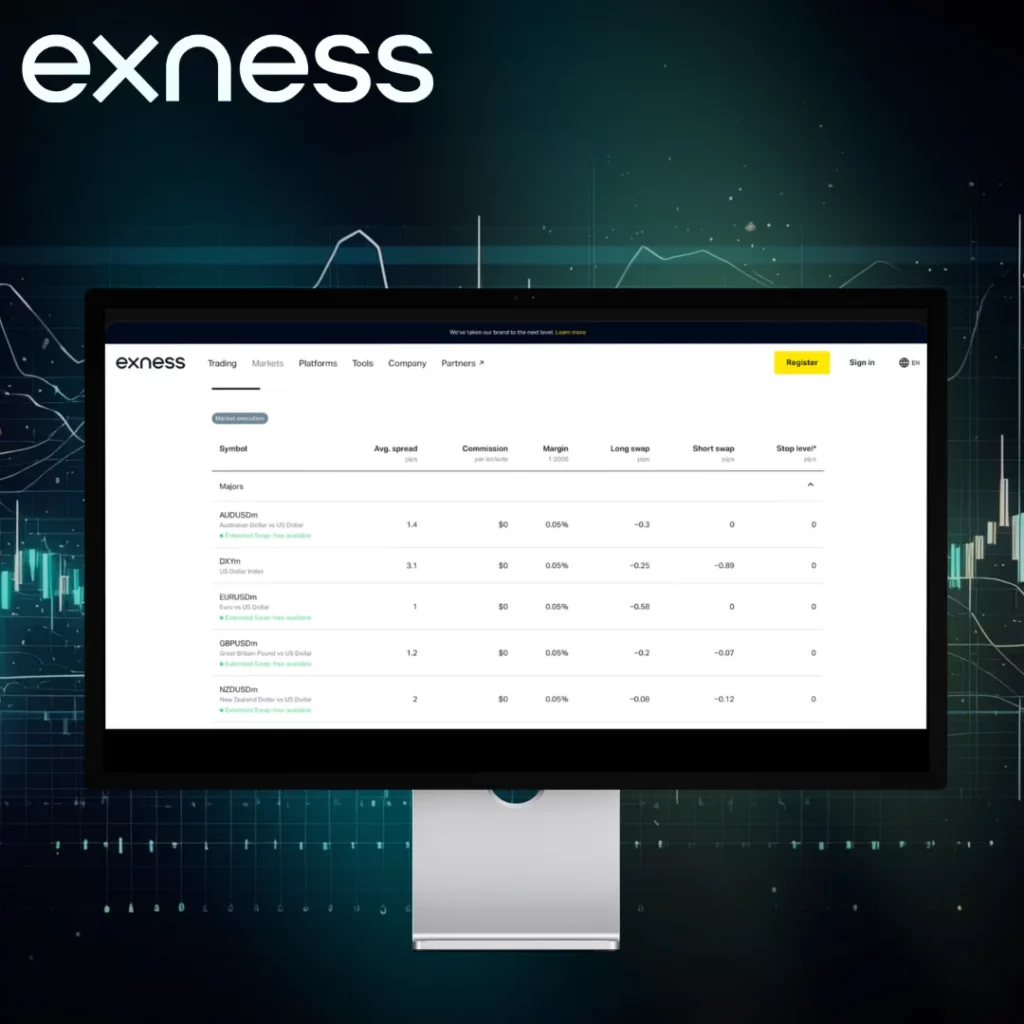
Regulatory Aspects Related to the Type of Broker
The various types of brokers have different regulatory requirements. For instance, ECN and STP brokers have to be highly regulated because they are connected directly with the outside market for the execution of trades in a very transparent manner. They also provide real access to reliable liquidity providers. In many cases, Market Makers have to clearly reveal their pricing procedure and exercise fairness in quoting their own prices to avoid any conflict of interest with their clients.
Conformity to International Standards
Any broker, whatever type it will be, should be licensed in accordance with international standards; transparency and client protection also have to correspond to the due level. Of course, this means proper AML and KYC requirements to avoid any frauds. Many of the firms operate under the regulators like CySEC, FCA, or ASIC that require trading conditions to be clearly disclosed and the protection of client funds guaranteed to offer a safe environment for trading.
How Broker Type Influences Compliance Requirements
- ECN Brokers: Must ensure fair market access and strict order transparency.
- STP Brokers: Required to maintain clear communication with liquidity providers and execute orders transparently.
Each broker type has specific compliance rules to ensure ethical practices and client trust, tailored to how they handle trade execution and pricing.
Frequently Asked Questions
What type of broker is Exness classified as?
Exness operates as a hybrid broker, combining STP (Straight Through Processing) and ECN (Electronic Communication Network) models, allowing it to offer fast execution and tight spreads.
How does Exness’s broker type benefit traders?
Exness’s hybrid model benefits traders by providing reliable order execution, competitive spreads, and access to deep liquidity, all of which enhance trading efficiency and cost-effectiveness.
What’s the difference between STP and ECN brokers?
STP brokers route orders directly to liquidity providers without dealing desk intervention, while ECN brokers provide a trading network where orders are matched with other market participants, including banks and other traders.
Does Exness offer direct market access?
Yes, as an ECN broker, Exness provides direct market access for certain account types, allowing traders to benefit from the tightest possible spreads and real-time market conditions.
How does Exness manage order execution speed?
Exness uses advanced technology and partnerships with top-tier liquidity providers to ensure fast order execution, which is crucial for minimizing slippage and maximizing trading efficiency.
Are there additional fees associated with Exness’s broker model?
Exness generally does not charge extra fees specific to its broker model. However, commission fees may apply on certain account types, particularly for ECN accounts, to offer lower spreads and better trading conditions.s entering trades at the beginning of a breakout. They could make use of indicators such as Bollinger Bands or ATR to anticipate when volatility may expand, enabling them to enter trades at the exact time when price action starts blowing strongly in one direction.
Explore our latest posts to level up your trading experience.
- Changing IB in ExnessWhat is an IB (Introducing Broker) in Exness? An Exness Introducing Broker is a partner that refers new traders to the firm. They help clients open Exness account, introduce the basics of trading, and support… Read More »Changing IB in Exness
- Leverage Offered by ExnessLeverage Trading Concept Trading leverage is the facility given to a trader to operate a larger amount in the market by using all or a smaller portion of one’s own trading capital. This is a… Read More »Leverage Offered by Exness
- How to Use Exness Trading Signals?Benefits of Using Trading Signals Trading signals on Exness save time but also enable traders to act more strategically by using professional analysis. These signals quite often use indications of technical and trend ones of… Read More »How to Use Exness Trading Signals?
Feel free to peruse all our posts about online trading for a comprehensive experience.
